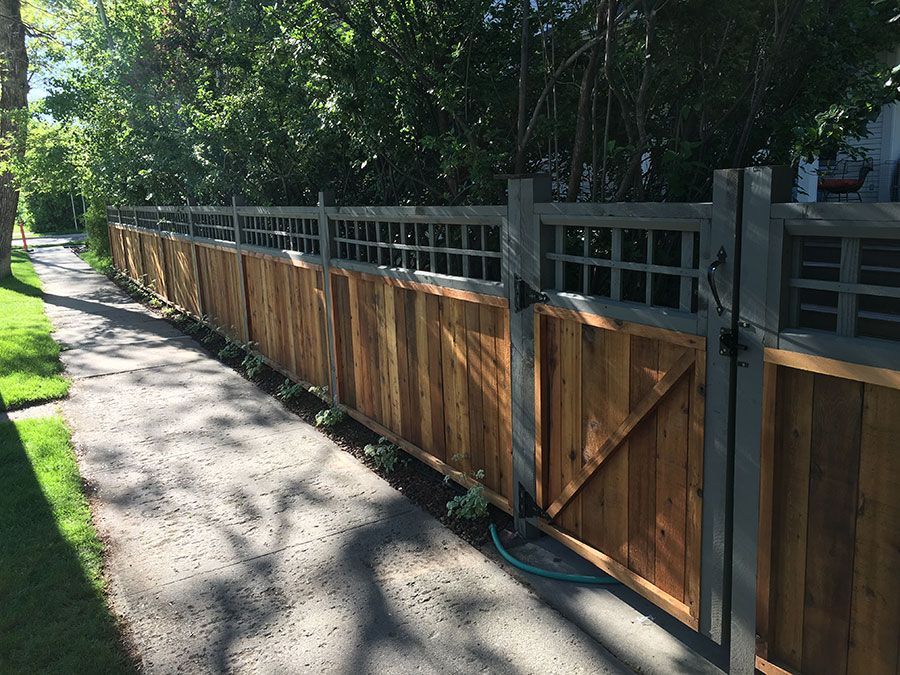
How Weather Affects Your Fence
Weather can take a toll on your fence, regardless of its material. Rain and snow can lead to water damage, causing wood to rot, metal to rust, and even weakening vinyl over time. Sun exposure, on the other hand, can fade paint, warp wood, and make vinyl brittle. Being aware of these effects is the first step toward protecting your fence from seasonal wear and tear.
Weatherproofing Your Fence: Materials and Methods
Each fence material requires specific protective measures to withstand harsh weather. For wooden fences, applying a weather-resistant stain or sealant creates a barrier against moisture and UV rays. Metal fences benefit from rust-inhibiting primers and paints, while vinyl fences need a UV-protective coating to prevent discoloration and cracking. Reapplying these treatments regularly will enhance durability.
Seasonal Fence Care: Tips for Every Time of Year
Adapting your fence care routine to the seasons can help mitigate weather damage. In spring and summer, clean the fence thoroughly and inspect for any damage from winter. Remove debris, and check for loose screws or nails. In fall and winter, clear leaves and snow from around the base to prevent moisture buildup, and reinforce posts to withstand heavy snow loads or strong winds.